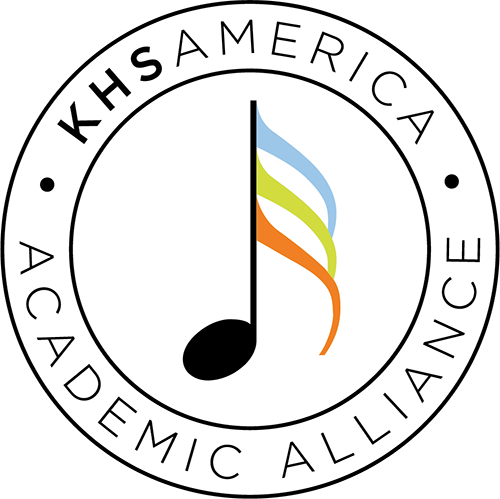Though I desperately try to be an optimist, sadly, my nature doesn’t make that easy. I envy those who always see the glass as half full. Unless I work at it, I don’t just see the glass as half empty, I see it shattered on the floor. I do, however, work at being better at it. But I fear the times we are facing make that natural instinct of mine come out more profoundly. It’s hard to stay positive when confronted with pandemic health concerns, and limitations of how we can teach. Especially with our ever-present commitment to teach instrumental music in an educational environment that seems problematic, incompatible, and antithetic to music education as we want it to be. It’s easy to be sad and frustrated. It’s completely understandable to be disheartened and discouraged. But we can’t! Why? Because we are teachers and that option can only be fleeting and private. Our students – now as always – deserve our most adaptive teaching, our most optimistic vision, and the best teachers we can be.
So, I ask you to join me in finding something about this new educational reality that is positive. Stop rolling your eyes and try. I know it’s like trying to find a beautiful flower in the middle of a raging and violent tornado, but we need to try, for ourselves and even more, for our students. Maybe it’s that in-person small groups, or the virtual platforms we may be using, foster a greater sense of accountability for each student. In short, in those situations it is much more difficult for our students to hide, and thus much easier for us to assess and offer praise and constructive criticism better and more often. Maybe our new-found reliance on and understanding of technology will continue to give us ways to help our teaching once this pandemic is behind us and education is back to normal. Maybe it’s that never before in my professional lifetime have I seen more intense and vibrant sharing of new ideas, techniques, lesson plans, methodologies, technologies, materials and approaches amongst colleagues. Maybe, because we can’t communicate with our students as easily and effortlessly as we always had, we have had to figure out new ways to stay connected with them that can help us long after the pandemic. Maybe it’s that we have had to figure out creatively-different ways to teach social-emotional learning in the current environment, ways that we can continue to use to enhance what we always did to help students with this vital component of music education. Maybe it’s that because this horrific event has changed our world as much as it has undoubtedly changed us, we won’t take as much for granted, we’ll show even more compassion, share even more of our emotions, worry even more for our students’ welfare, and focus even more on what is truly important in the education of our students. The glass is, and always will be as we see it.
KHS America
The content of this Blog article or Banded Story is the intellectual property of the author(s) and cannot be duplicated without the permission of KHS America and/or the author(s). Standard copyright rules apply.



 We look forward to the evolution of this exciting program, and welcome feedback on how we can further enhance the work that you do in music education.
We are excited to offer your program the opportunity to join the KHS America Academic Alliance today.
We look forward to the evolution of this exciting program, and welcome feedback on how we can further enhance the work that you do in music education.
We are excited to offer your program the opportunity to join the KHS America Academic Alliance today.